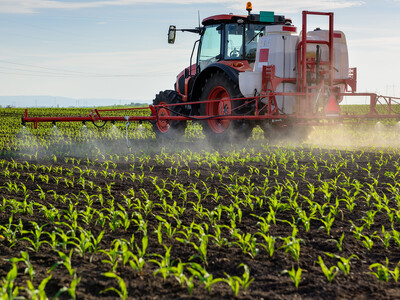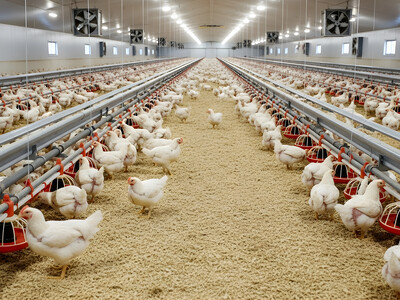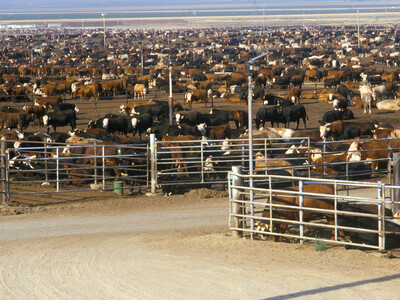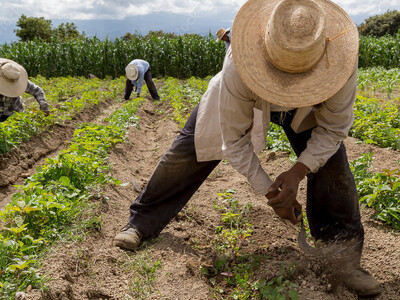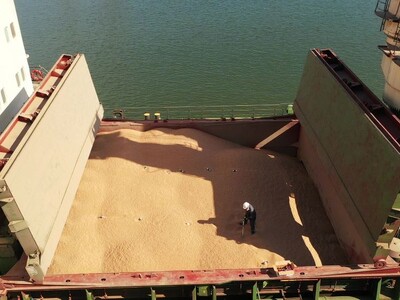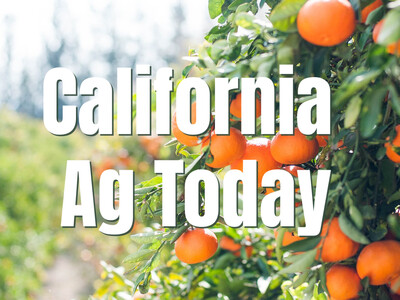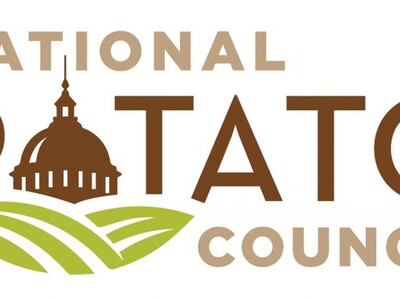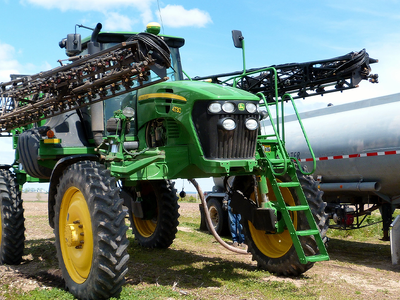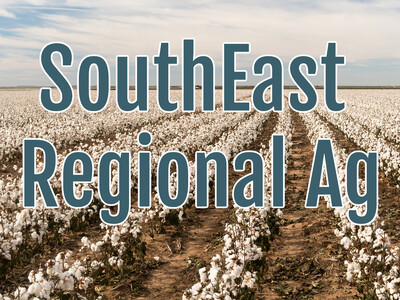What Will The Drought Mean To You
What Will The Drought Mean To You. I’m Greg Martin with today’s Line On Agriculture.
The Department of Agriculture recently released their first survey-based crop report and it shows just how bad the drought is hitting the nation’s farm fields. American Farm Bureau Economist Todd Davis has seen the impact first hand.
DAVIS: It is very devastating. It’s worse than the ’88 drought. The psychological and emotional aspect is that, as a farmer you invest all your money up front on feed and inputs and you don’t have a chance to get any money until harvest time and so it’s very emotional, very sad and frustrating to see this labor of love wither away and die in the field and you see that all of your financial investment wither away and die with it.
Davis says those with crop insurance will be able to cope, but he compares it to your home burning down. Even if you have insurance, it’s still a big loss.
DAVIS: It’s a big deal. The drought has had a large effect on the corn crop. The yield estimate Friday was 123 bushels an acre. And that’s about a 26 percent yield loss compared to what they thought it would be earlier this spring. Soybeans also are looking to have the smallest crop since 2003, but a timely rain might increase yield. That’s not the case for corn. The corn yield is pretty much set in stone and we’re looking at a substantially smaller crop this year.
Davis says those who raise animals are already feeling the drought’s effects.
DAVIS: This is a big deal for meat, dairy and eggs because when you see the rising commodity prices, that translates into higher costs for the feed these animals eat and a lot of these producers, especially the beef cattle producers in the southern plains have experienced drought for two consecutive years. So they’re low on feed , hay and forages and they’re going to be paying more this year and so they may choose to scale back their production.
Davis says initially that will mean cheaper meat prices as farmers and ranchers sell off their animals because they can’t afford to feed them, but other ripple effects may not be what consumers would expect.
DAVIS: It will take a while for this effect of the drought to trickle through the marketing channels and get to the consumer level. So you might see higher corn flake or Wheaties costs next year but as opposed to eggs and dairy and meat prices, you’ll probably see them later this fall. USDA has released a study where they say the increase in commodity prices will only increase retail prices by about 15 percent and it really depends upon the product. If there’s a lot of processing involved there are a lot more costs involved in this product than just the value of the commodity.
That’s today’s Line On Agriculture. I’m Greg Martin on the Ag Information Network.




